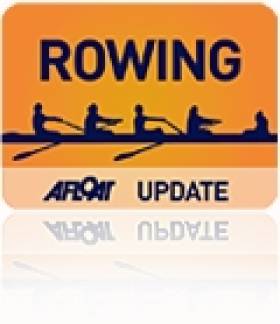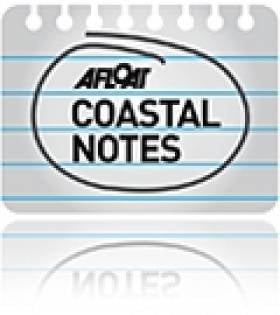Displaying items by tag: director
Rowing Ireland Appoint Espersen as New High Performance Director
# ROWING: Rowing Ireland have chosen Morten Espersen to be their new High Performance Director. The 61-year-old served as HPD in Denmark from 1993 to 2001 and went on to chair Denmark’s executive board for elite rowing. Denmark has had great success in the last two decades: their premier crew, the lightweight four, took three gold and two bronze medals in the last five Olympic Games, while the lightweight double scull took gold at London 2012. Fie Udby Erichsen also took a silver medal in the women's single sculls in London.
In a statement released by Rowing Ireland, Espersen said: “Rowing Ireland has the potential to succeed at the highest level and, working together with all stakeholders, I believe that this goal can be achieved.”
Espersen will take up his post in February. He will be based at the National Rowing Centre in Cork. He succeeds Martin McElroy, who has recently been appointed Performance Director for men's rowing in Canada.
Oscar Winning Director of 'The Shore' Returns to NI
#COASTAL NOTES - Northern Irish director Terry George has returned to a hero's welcome in his native Co Down following his Oscar win for short film The Shore, the Irish Echo reports.
The film, which was set on Coney Island near Killough on the egde of Strangford Lough, tells the story of a man who returns to his coastal community after 25 years living in the USA.
“It’s great to come home and to visit everyone who made the film possible, the people who were in it, go back and see our neighbors,” said George on landing in Belfast. “You kind of hope that you’ll bring back the awards here to Ireland.”
The Shore is also a family effort, as it was produced by the director's daughter Oonagh George.






























































